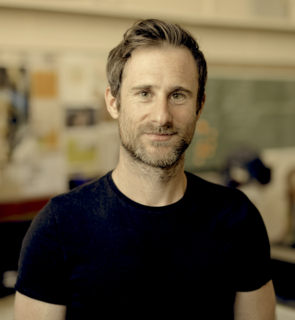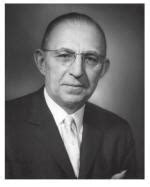A Quote by Helen Clark
If ordinary means I have suddenly got to produce a household of kids and iron Peter's shirts, I'm sorry, I'm not interested.
Related Quotes
I'm interested in what it means to live in America. I'm interested in the kind of country that we live in and leave our kids. I'm interested in trying to define what that country is. I got the chutzpa or whatever you want to say to believe that if I write a really good about it, it's going to make a difference.
Sorry means you feel the pulse of other people's pain as well as your own, and saying it means you take a share of it. And so it binds us together, makes us trodden and sodden as one another. Sorry is a lot of things. It's a hole refilled. A debt repaid. Sorry is the wake of misdeed. It's the crippling ripple of consequence. Sorry is sadness, just as knowing is sadness. Sorry is sometimes self-pity. But Sorry, really, is not about you. It's theirs to take or leave.
Sorry means you leave yourself open, to embrace or to ridicule or to revenge. Sorry is a question that begs forgiveness, because the metronome of a heart won't settle until things are set right and true. Sorry doesn't take things back, but it pushes things forward. It bridges the gap. Sorry is a sacrament. It's an offering. A gift.
I got stuck on the Peter Pan ride when I was nine years old with my dad at Disney World. We got stuck on that part of the ride when you're suspended in the pirate ship above the miniature London, and I was fascinated by the why of it all. 'Why is Peter Peter Pan, why is he in Neverland, how did he learn how to fly, etc.?'










































